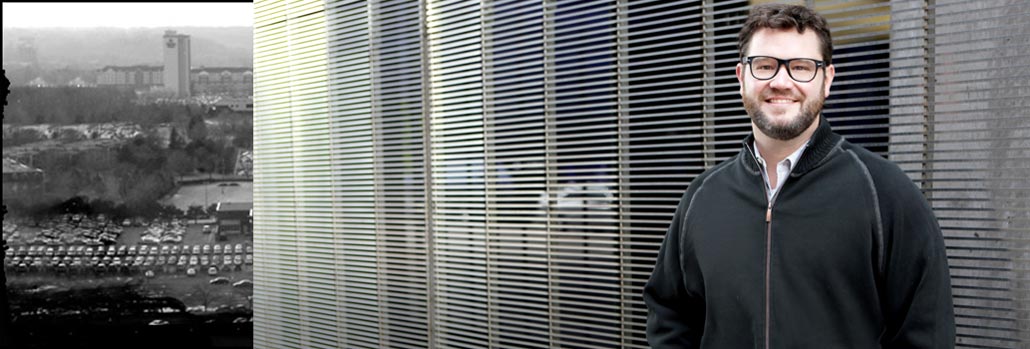Coercion Statute Unconstitutional
Home – Practice Areas – Blogs - Coercion Statute Unconstitutional
Minnesota Supreme Court Strikes Down Part of Criminal Coercion Law as Unconstitutional
“I resent the accusation of blackmail: It is blackmailing to obtain money by threats of publishing information in a newspaper, but what blackmail is there in accepting a small retainer for keeping it out of the newspaper?”
- Michael Caine as Peachy Carnehan in The Man Who Would Be King, Columbia Pictures, 1975
In criminal cases involving a defendant’s words rather than actions, the Constitution mandates that laws prohibiting certain types of speech must not violate an individual’s First Amendment right to freedom of speech. The classic example of ‘unprotected’ speech that the State could legally prohibit is yelling ‘fire’ in a crowded movie theatre when there is no fire because pandemonium is likely to ensue.
In Minnesota, Peachy’s conduct might fall into the criminal category of coercion, which is defined as making a threat that causes another person to do an act or not do (forbear) a lawful act against their will. Under Minn. Stat. section. 609.27 these include:
- a threat to unlawfully inflict bodily harm upon, or confine, the person threatened or another, when robbery or attempt to rob is not committed thereby; or
- a threat to unlawfully inflict damage to the property of the person threatened or another; or
- a threat to unlawfully injure a trade, business, profession, or calling; or
- a threat to expose a secret or deformity, publish a defamatory statement, or otherwise to expose any person to disgrace or ridicule; or
- a threat to make or cause to be made a criminal charge, whether true or false; provided, that a warning of the consequences of a future violation of law given in good faith by a peace officer or prosecuting attorney to any person shall not be deemed a threat for the purposes of this section; or
- a threat to disseminate another person’s private sexual images without consent.
Recently, in a 6-1 decision, the Minnesota Supreme Court struck down as unconstitutional on First Amendment grounds the portion of the statute relating to publishing a defamatory statement or exposing a person to disgrace or ridicule.
The case, State v. Jorgenson, involved a defendant who had made threatening calls to his ex-girlfriend’s father, demanding $25,000 in exchange for withholding a video claimed to be in his possession, that showed his daughter talking about using drugs. During the calls, he also threatened to send the video to her employers at the state agency where she worked and to her professional licensing board, which would presumably hurt her career.
Minn. Stat. section 609.27, subd. 1(4) makes it a crime for a person to threaten “to expose a secret or deformity, publish a defamatory statement, or otherwise to expose any person to disgrace or ridicule.” If the threat “fails to cause the intended act or forbearance” under the law, it is still considered a criminal “attempt to coerce.” The criminal penalties for both range from a misdemeanor to a felony depending on the value of the demand from the victim.
Jorgenson argued that subdivision 1(4) is unconstitutionally overbroad because it criminalizes a substantial amount of protected speech.
The District Court and Court of Appeals both granted Jorgenson’s motion to dismiss on First Amendment grounds and also found that the law couldn’t be salvaged, either through a narrower construction or by severing its unconstitutional language from the rest of statute.
To illustrate why the subdivision was unconstitutional, the Supreme Court gave the following examples of threats that would violate the statute:
- A law student who had been sexually harassed by a professor states: “Professor, you have a choice; either resign or I will report and publicize the fact that you sexually harassed me.”
- A school bus driver says to a student: “It’s illegal for underage persons to smoke cigarettes. Give me those smokes or I will tell your parents that you’re smoking.”
- A woman, seeing a man she knew was a child pornographer and sexual abuser preparing to move in with her sister and her nieces, promises: “If you don’t break up with my sister and leave town, I’ll report what I know to my sister and the authorities.”
The Court implied that none of these threats could result in prosecution because they were all protected speech under the First Amendment, despite being coercive. The Court recognized that there are many examples in which a written or oral demand, including a threat to expose a secret or disgraceful fact, or to say something that is defamatory but true, would not only be protected speech, but is the kind of speech that has “social value.”
“Such speech occurs in the worlds of government, business, academia, sports, and culture. Such speech may well be at the core of matters of public concern. Or it may occur in another socially valuable setting, family life.”
Based on the social value of speech that could fall under the coercion statute, the Court found that the statute was unconstitutional on its face and reversed Jorgensen’s conviction.
If you find yourself facing serious criminal charges based on something you said, you need a criminal defense attorney with deep legal knowledge and a willingness to fight on your behalf in any court. At Halberg Criminal Defense, our team approach puts the firm’s collective knowledge and experience in your corner. Our attorneys are available 24-7 — Call us at 612-DEFENSE (612-333-3673)..















